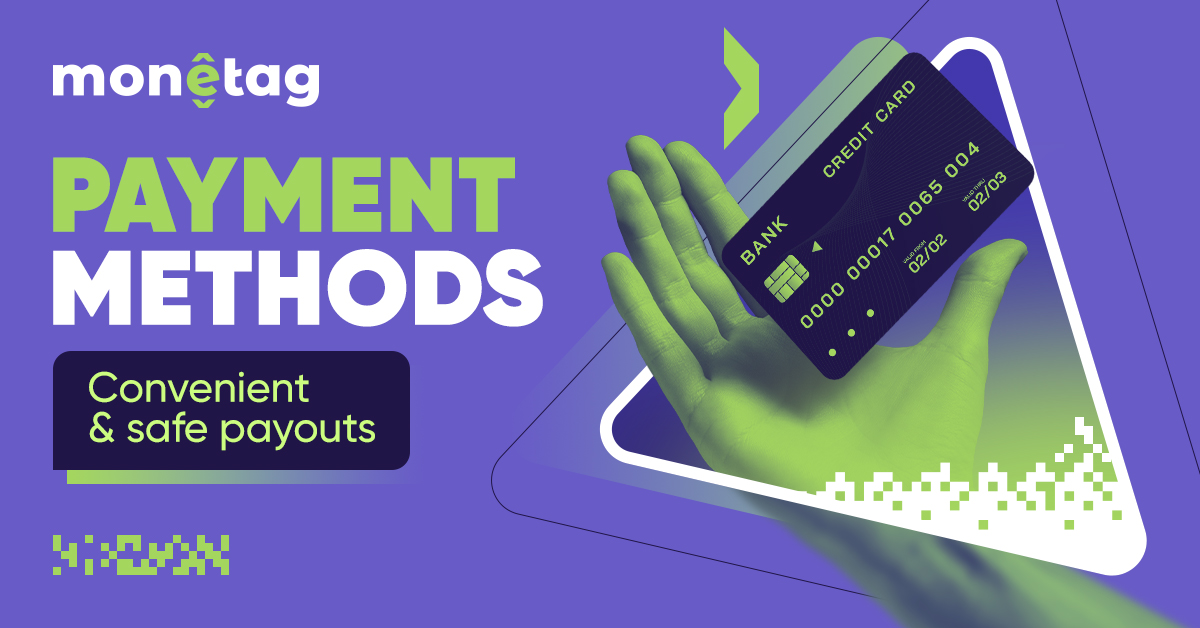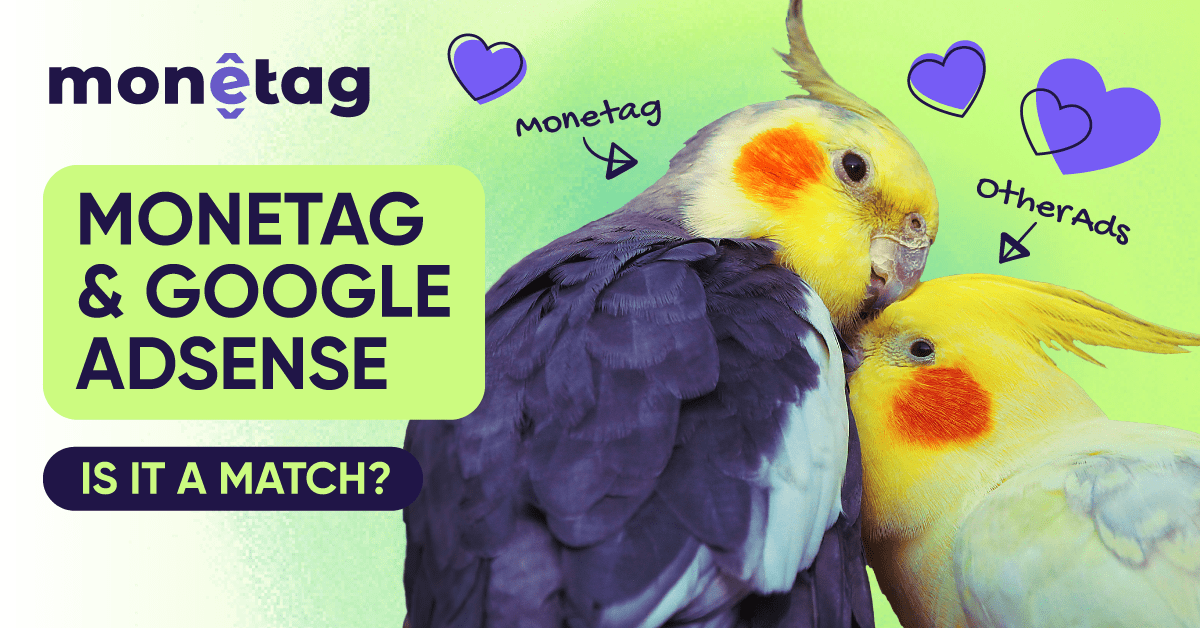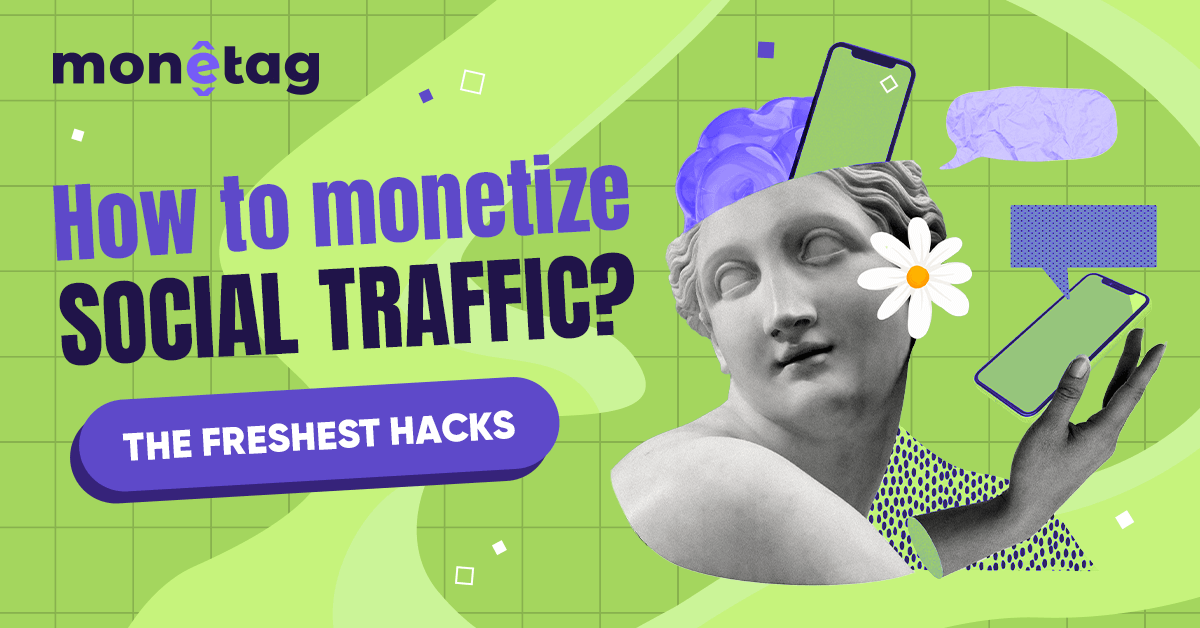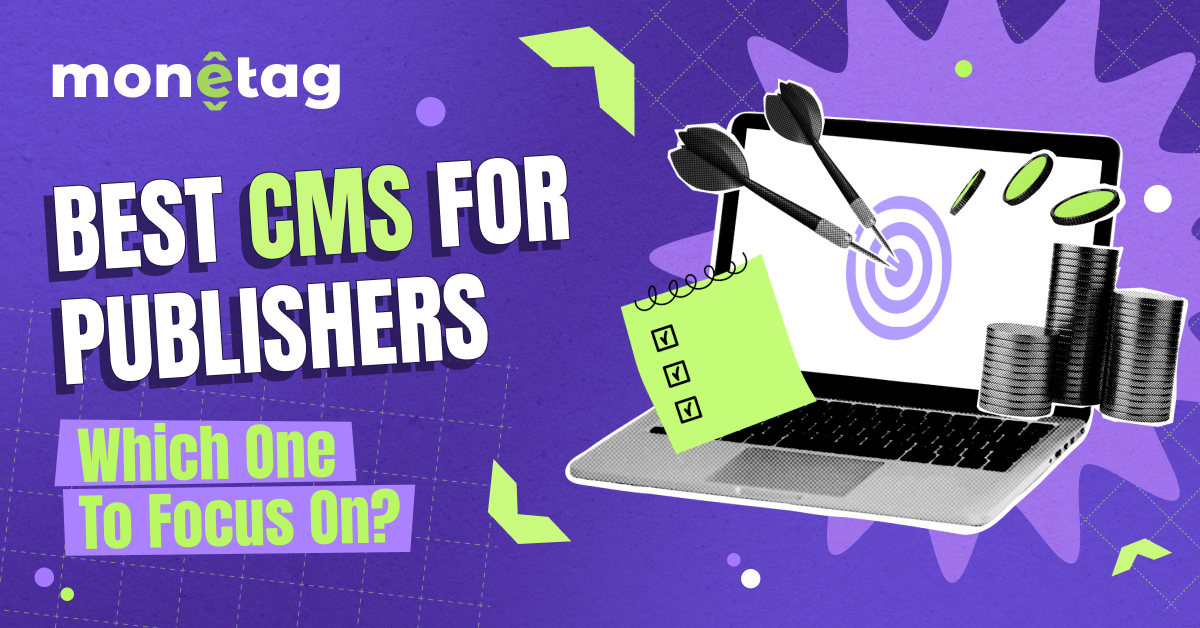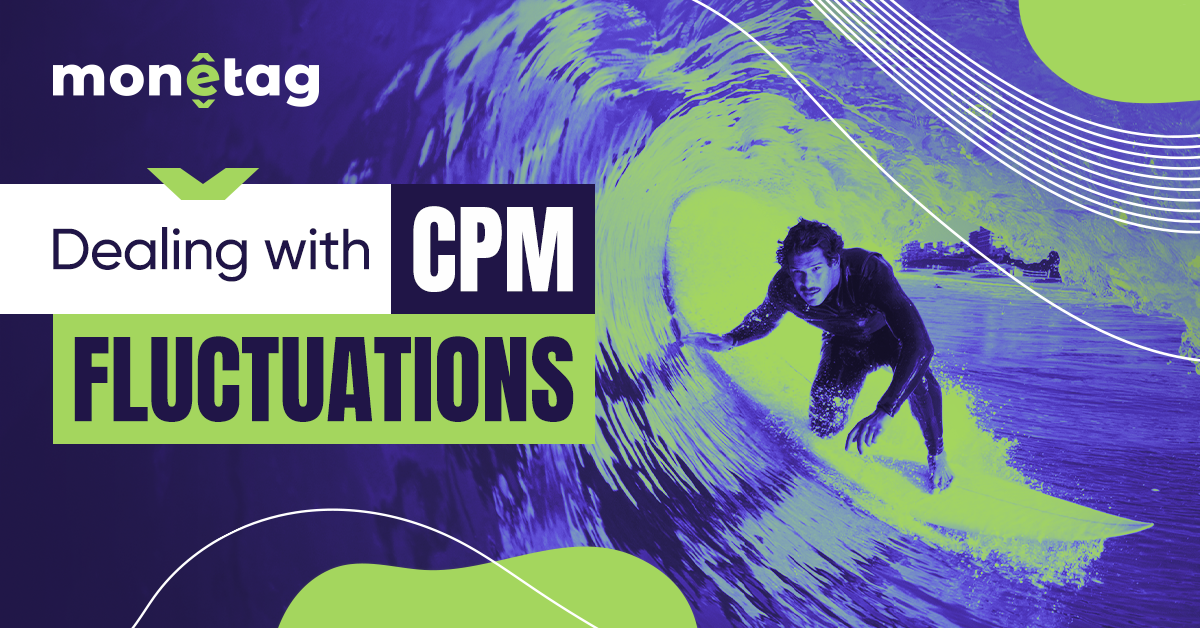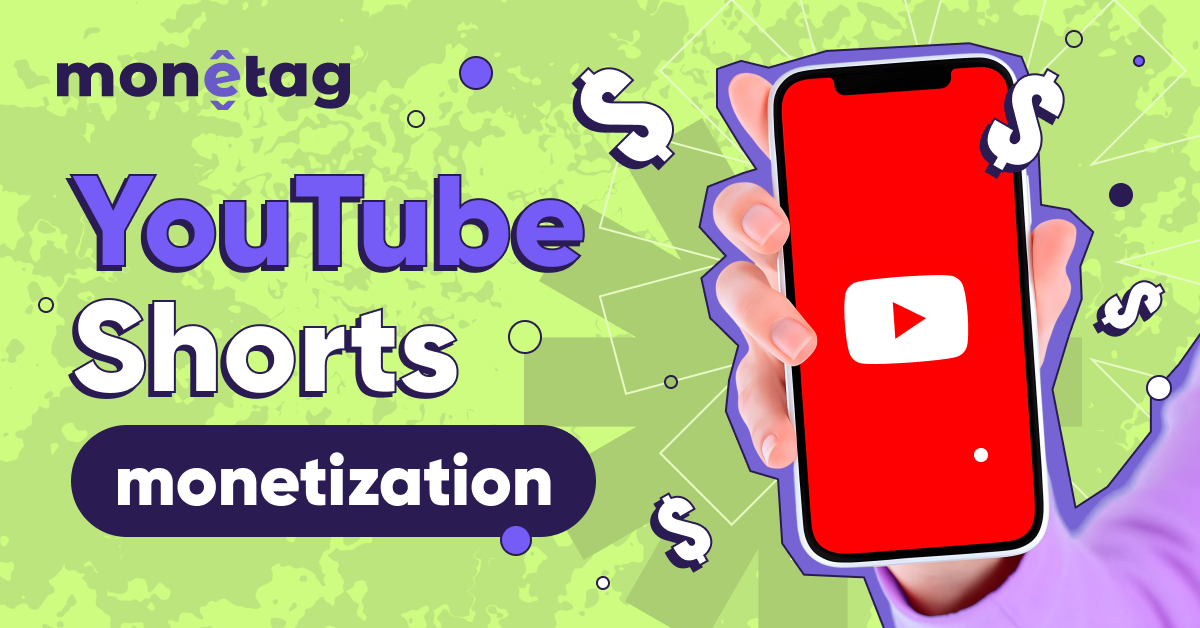How Does Monetag Pay its Publishers?
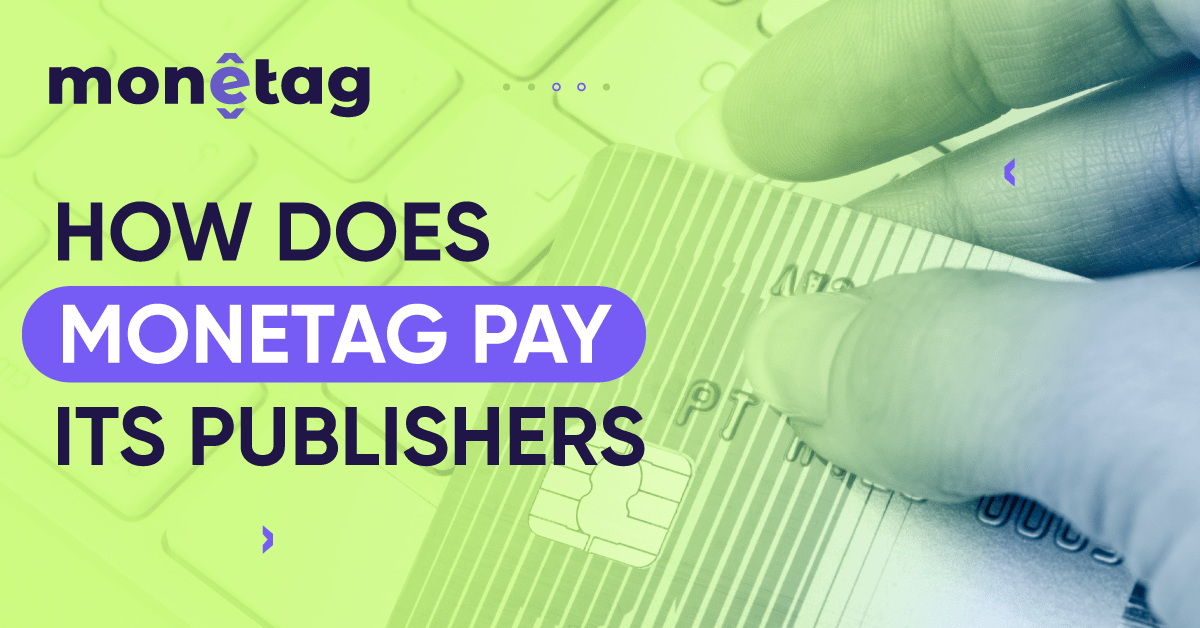
This post is also available in:
A common question that we get asked a lot is, “How does Monetag pay their publishers?”
Well, we love that question! And the answer is very simple.
We use an advanced optimization algorithm that works like this:
- It bases its mechanics on ads that are focused on providing publishers and webmasters with the highest prices in the industry for their ad inventory.
- This means that no matter the payment model used by our advertisers (e.g., CPM, CPA, or CPC), your ad inventory units will always generate the greatest revenue possible.
So, you might be wondering what that means in terms of profit.
It means that as a publisher, you’ll receive 80% profit from all ads displayed on your website or mobile app.
Of course, this is great news for anyone who is building out their web monetization efforts, as we work with a variety of well-known advertisers on a global scale who all implement different payment models.
We take all the trouble out of figuring out payments by combining these payment models together and placing them under the highly optimized “eCPM” umbrella. The best part? eCPM provides you with the best possible payouts based on a number of variables.
What do CPA, CPC, and CPM mean?
There are a lot of acronyms in the world of advertising. And to a new publisher or marketer, it can be really hard to get your head around all of them.
Understanding what the different payment models our advertisers use are, and why they use them is a great way to get a fully-rounded understanding of how we calculate payments.
We provide advertisers with a number of different payment models for their ads, including:
- CPA (Cost per action): This is calculated based on what the advertiser is willing to pay when a visitor takes a specific action. An action can be anything from a sale, newsletter opt-in, impression, click or contact request. For example, if an advertiser wishes to pay $2 each time someone opts in to their newsletter via their advert, the cost per action is $2.
- CPC (Cost per click): Perhaps the most widely-known pricing model is CPC. Advertisers pay for each click their ad receives. The advertiser sets the maximum bid they are willing to pay per click, each time an ad is clicked, they are charged. For example, if they have set their CPC to $0.1, they will be charged $0.1 each time someone clicks their advert.
- CPM (Cost per thousand impressions, “mille”): An advertiser pays a fixed amount per every 1000 impressions severed of their ad. An impression is anytime the ad is viewed.
- Effective cost per mille (eCPM): Also referred to as ‘effective cost per thousand,’ eCPM is the amount you will earn as a publisher per 1000 impressions of our ad units. eCPM combines all payment models together, regardless of the actual pricing model used by the advertiser (CPA, CPM, etc.), providing you with an optimized average per 1000 impressions.
How do you calculate eCPM for publishers?
The math behind this pricing model is simple. Let’s look at an example to explain it in real terms:
A website receives 200,000 impressions per month and has three Monetag ad units strategically placed on its website. During the last 30 days, the website generated $1,000 in revenue using Monetag.
The equation:

Using this equation, we can figure out what the eCPM rate is for this website.
($1,000 earnings / 200,000 total impressions) * 1,000 = $5
In other words, for every 1,000 impressions the website received, it earned $5 in revenue (eCPM rate = 5 USD). This is worked out by dividing the total revenue amount by the total number of website impressions.
eCPM reveals how much revenue your website is generating per 1,000 impressions by combining all advertisers’ campaigns together.
How the Monetag eCPM optimization algorithm works
The amount that your website earns per 1,000 impressions will vary depending on a number of factors.
Monetag’s optimization algorithm takes a few days (longer if your site has low traffic), to optimize your ad units to provide you with the highest possible eCPM rates.
It will test your campaigns and analyze which ads are best suited for your audience. This is to provide every publisher with the greatest possible results while also offering an incredible user experience for your website viewers.
The more traffic your website brings the quicker the optimization process is completed. It may take a week before you see the maximum effect of our fully optimized eCPM rates.
What are the best ways to optimize eCPM?
As a publisher, you also have a part to play in increasing your overall eCPM. Here are 5 simple yet highly effective ways to increase your overall revenue.
1. Use heatmaps
Heatmaps are a great way to see where your traffic is placing their mouse courses when browsing your site. Once you know where your audience is looking, place ads in hot concentration areas to increase your click-through rates.
Here are the most popular heatmap services:
- Crazy Egg
- MouseFlow
- Clickheat (free)
- Hotspots Analytics WordPress Plugin (free)
2. Use multiple ad units to maximize coverage
A simple way to maximize your eCPM rate is to place ad units of multiple types (onclick popunders, vignette banners, interstitials or others) on your pages.
This way, your visitors are served more ads and offers that are highly engaging and draw their attention, especially if you have a large share of mobile visitors.
Test various ads to see which yield the greatest ROI based on your audience and website theme.
3. Driving traffic
Take advantage of every medium you can think of to drive traffic to your site. The more traffic you bring, the bigger your profits will be. Read real-life case studies of how our publishers drive traffic and boost their monetization profits.
To sum up…
Monetag’s eCPM takes the hard work out of managing your ads. We’ve taken the time to optimize everything, so you don’t have to. Simply place our ad units on your website, drive traffic, and watch the money roll in!
